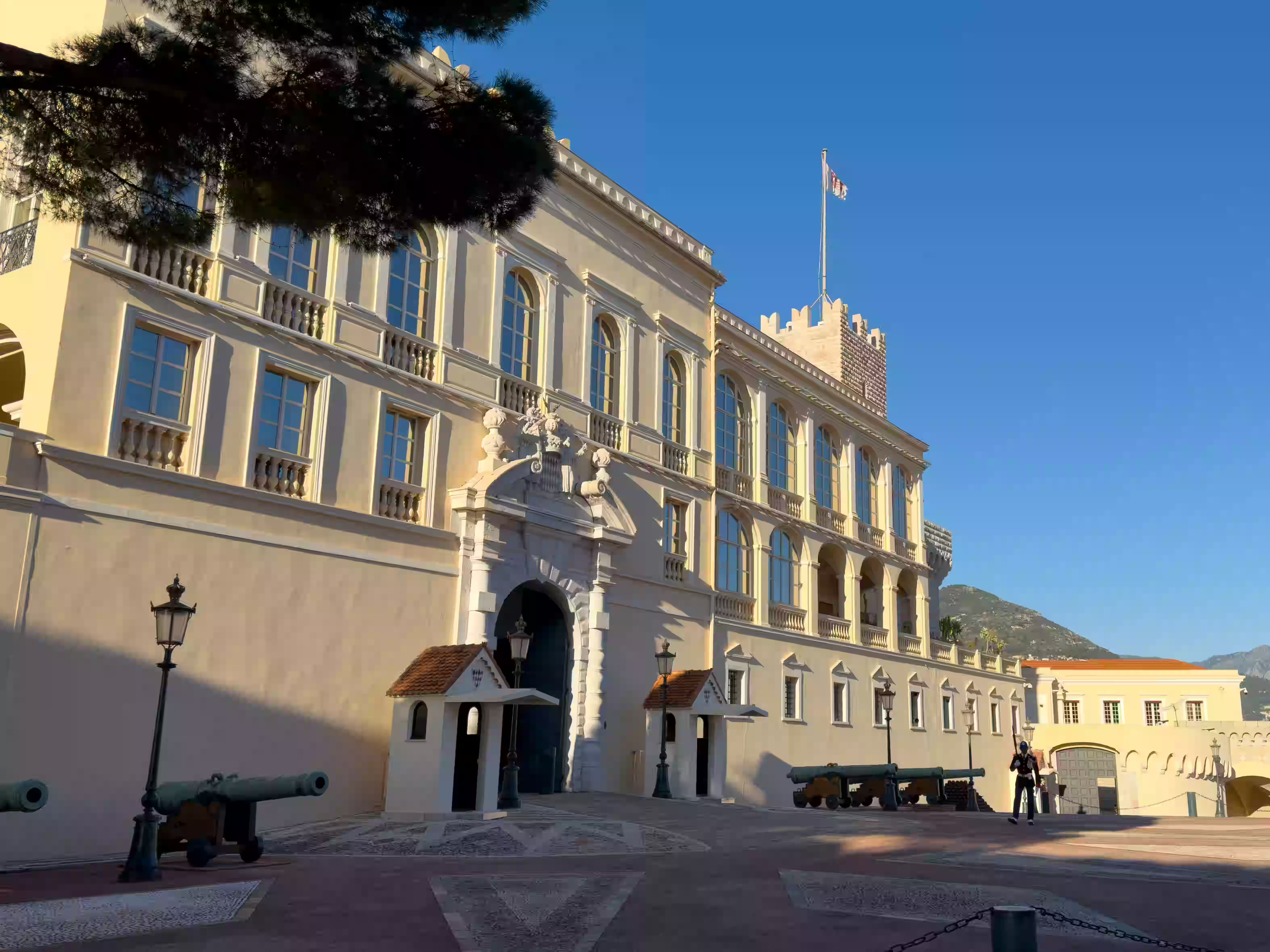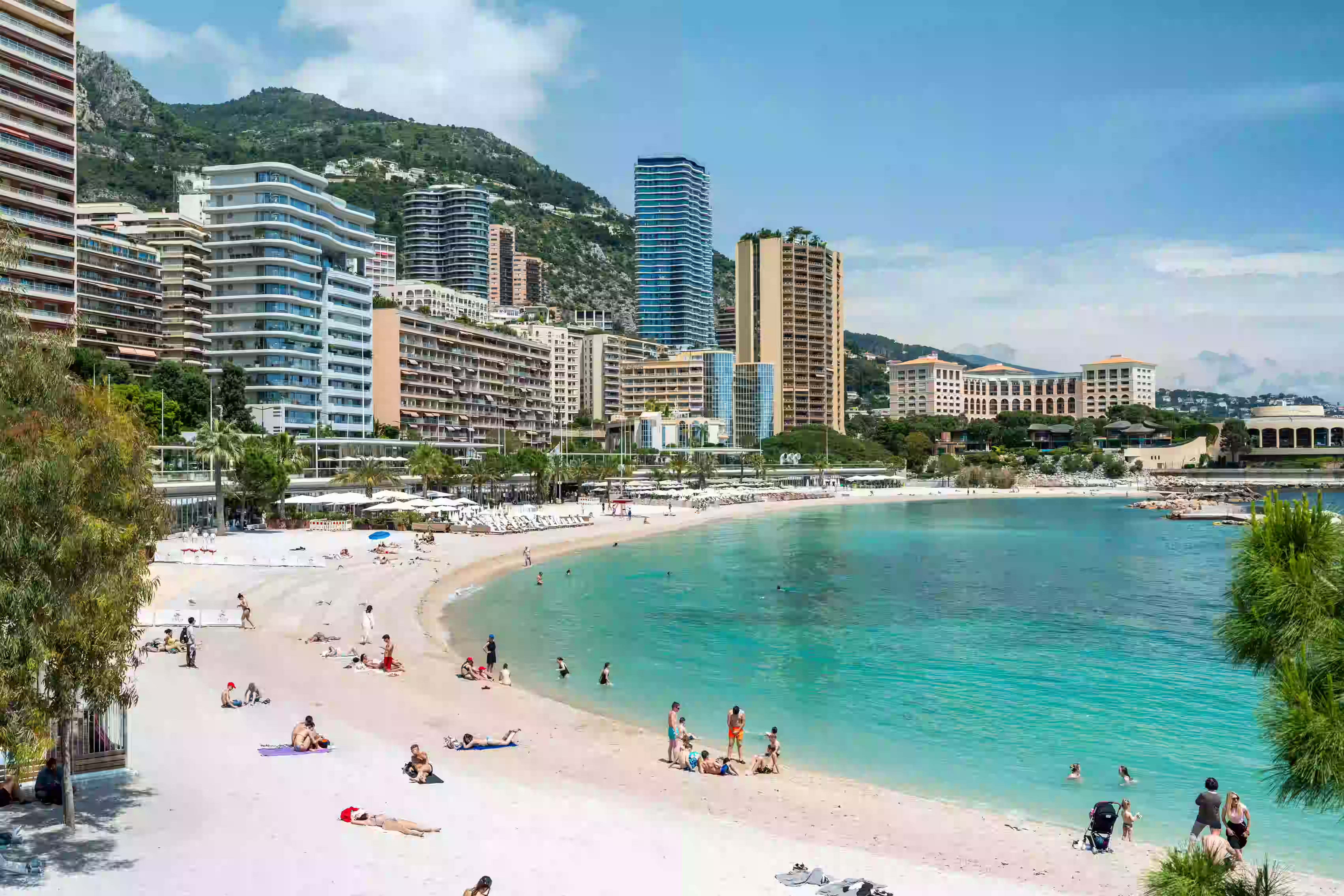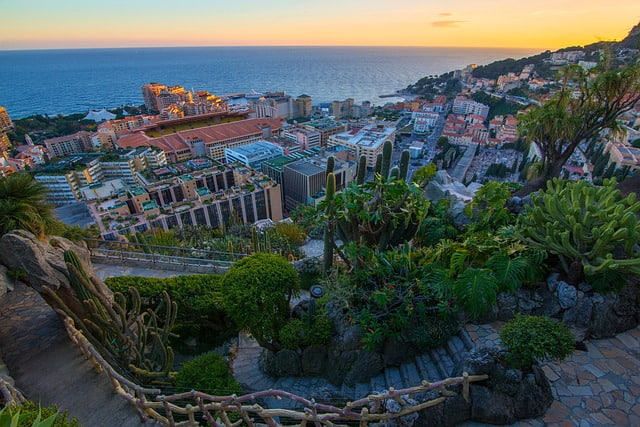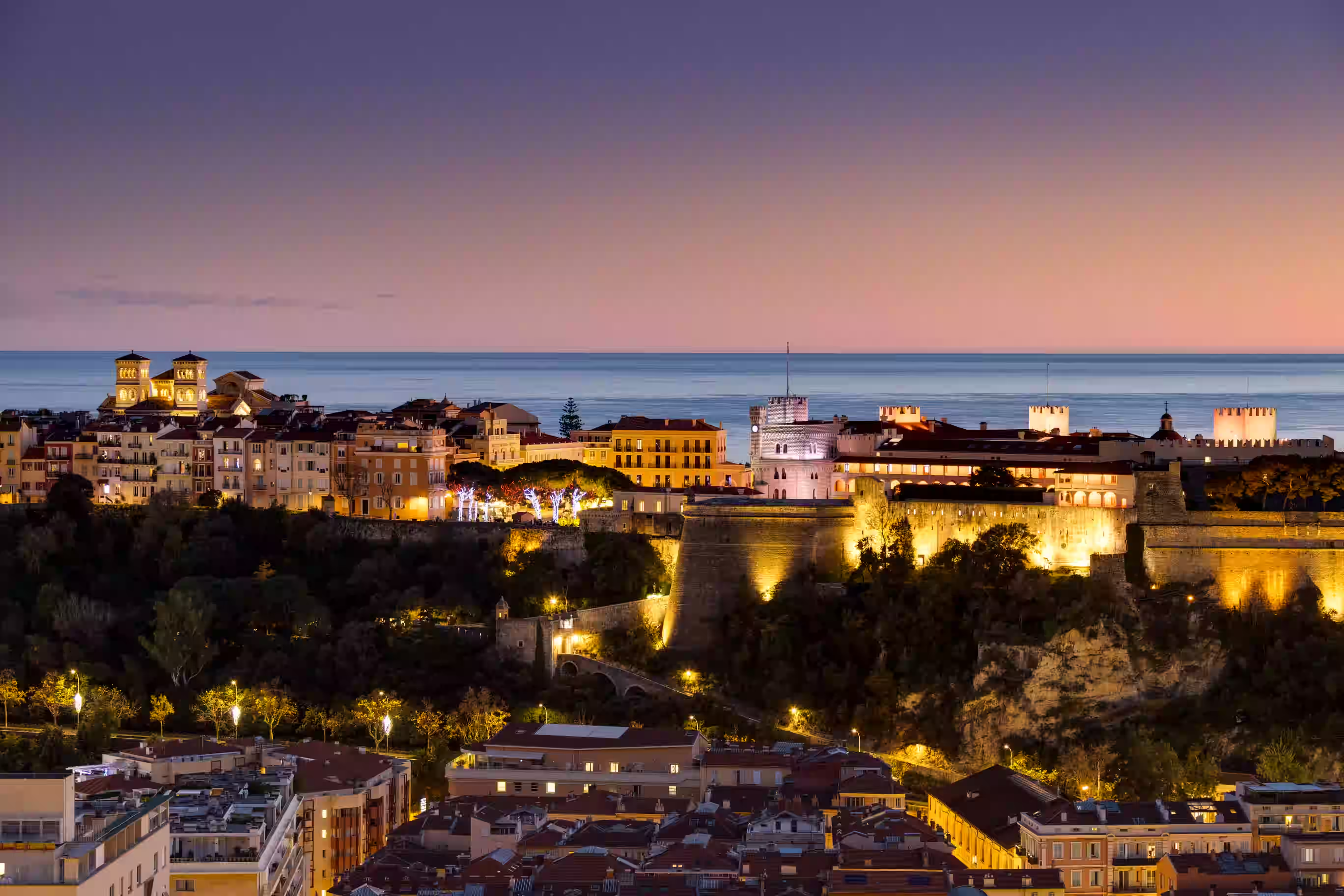What is a tax haven?
A tax haven is a country or territory that attracts individuals and companies thanks to a very favorable tax system, often with low or zero taxes. These jurisdictions usually combine this advantage with financial secrecy, limited information sharing with other states, and flexible laws for setting up companies or obtaining residency.
For individuals, a tax haven represents a place where you can protect income, assets, or investments from heavy taxation. For businesses, it is an opportunity to optimize profits, reduce corporate charges, and sometimes benefit from simplified administrative rules.
Is Monaco really considered a tax haven?
The perception of Monaco as a tax haven has changed over time. For decades, many governments described it as such because of the absence of personal income tax and the attraction it generated for wealthy individuals.
However, the Principality has made efforts to align with international transparency standards, signing treaties to exchange information with the OECD and the European Union. This evolution has softened the way international organizations classify Monaco.
Today, the answer depends on who you ask:
- For foreign individuals moving to Monaco, the absence of income tax makes it look like a tax haven.
- For governments and regulators, Monaco is more of a favorable tax jurisdiction rather than a hidden or opaque one.
- For businesses, taxation can be light, but not completely absent, which creates a more nuanced reality.
In short, Monaco is not officially on the blacklists of tax havens anymore, but it keeps its reputation as a privileged place for tax optimization.

Income tax in Monaco
Living in Monaco means benefiting from no personal income tax, a unique feature compared to most European countries. This policy is one of the main reasons why many residents choose to relocate there.
The rules are as follows:
- No income tax for foreign nationals residing in Monaco
- No property tax,
- No inheritance tax,
- No capital gain tax
- French nationals remain subject to French income tax under a 1963 bilateral agreement
- No wealth tax applies in Monaco
- Residents only face indirect taxation, such as VAT on goods and services
This framework explains why Monaco is often perceived as a destination for individuals looking for a low-tax lifestyle.
Corporate taxation & corporate income tax
While individuals enjoy almost total tax exemption, companies in Monaco face a more complex situation. The corporate income tax depends on the nature of the activity and where the turnover is generated.
The rules are:
- 25% corporate tax for companies generating more than 25% of their turnover outside Monaco
- No corporate tax for businesses whose activity is exclusively local
- No local business tax on profits made solely within the Principality
- VAT applies to companies, aligned with European Union directives
- Specific rules exist for intellectual property and international services
This system makes Monaco attractive for local businesses and service providers, while limiting the use of the country as a pure offshore platform.
Property taxes in Monaco
Real estate is one of the most dynamic sectors in Monaco, and the tax system reflects the government’s strategy to encourage investment. Unlike many countries, Monaco does not impose recurring taxes on property ownership.
Here is what applies:
- No property tax for owners of real estate
- No residence tax for people living in Monaco
- Registration duties on property purchases, usually between 4.5% and 7.5% depending on the transaction
- No local tax on rental income, except for French nationals taxed in France
These rules create an environment where investing in real estate in Monaco is attractive, despite high property prices. Buyers benefit from stable rules and owners avoid recurring charges like annual property taxes.
Real estate market in Monaco
The real estate market in Monaco is among the most expensive in the world, driven by limited land availability and strong international demand. Prices per square meter often exceed those of Paris, London, or New York, and the market is characterized by high-end apartments, luxury residences, and prestigious developments. The small size of the Principality creates a scarcity effect, keeping prices high and transactions competitive.
For buyers, the market offers a combination of tax advantages, political stability, and prestige. Demand comes mainly from international investors, entrepreneurs, and families looking for a secure and tax-efficient place to reside.
One of the key players is Balkin Knight Frank Monaco, a firm specialized in the Monaco property market. Balkin provides guidance for purchasing, selling, or renting exclusive properties, while offering tailored services to clients who need both discretion and expertise in a highly competitive environment.
Wealth tax & inheritance taxes
Monaco stands out for its absence of wealth tax, unlike many European countries. Residents do not pay any annual levy on their net worth, which makes the Principality attractive for individuals with significant assets.
Regarding inheritance and gift taxes, the system is also favorable:
- No inheritance tax between direct relatives (parents and children)
- Low to moderate rates for more distant heirs, depending on the degree of kinship
- No wealth transfer restrictions, which simplifies estate planning
This tax framework encourages families to structure and protect their wealth while ensuring smooth intergenerational transfers.

Confidentiality & financial secrecy in Monaco
For many years, Monaco built its reputation on financial secrecy, attracting individuals seeking privacy in banking and investment matters. Confidentiality remains important, but the rules have evolved.
Today:
- Banking secrecy is still respected, especially regarding private accounts
- The Principality has signed international agreements on information exchange to comply with OECD standards
- Foreign authorities can request data in cases of proven tax investigations
- Local institutions maintain discretion for legitimate clients, ensuring a balance between transparency and privacy
This means residents can rely on a high level of confidentiality in their financial affairs, while Monaco aligns with modern regulatory frameworks.
Anti-money laundering efforts
Monaco actively works to prevent money laundering and financial crime. Although the country was once criticized for its lack of regulation, it has since reinforced its system to meet global standards.
Key measures include:
- Creation of SICCFIN, the local financial intelligence unit that monitors suspicious transactions
- Implementation of KYC (Know Your Customer) procedures in banks and financial institutions
- Cooperation with international organizations, including FATF (Financial Action Task Force)
- Stricter rules on company formation and financial reporting
These efforts show that Monaco aims to combine its reputation as a secure financial center with compliance to international anti-money laundering norms.





.avif)